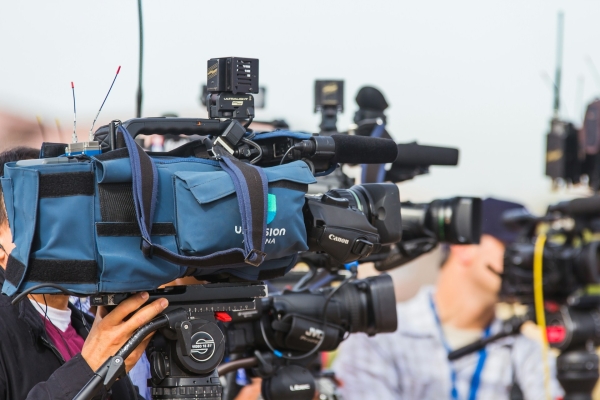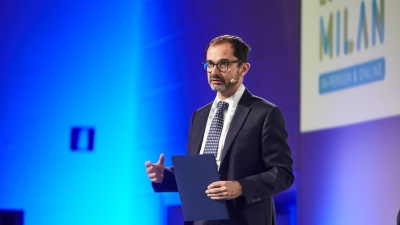Change is needed to combat the dishonesty of Western media in their reporting of India and other countries in the Global South:

Western media outlets need to adopt a more nuanced, respectful, and fact-based approach to reporting on the Global South in order to create a media environment that is really global and representative of the world.
In recent years, disinformation warfare has become increasingly prominent, particularly in the process of constructing and promoting narratives with the intention of shaping or distorting public opinion.
This is done in order to extract a disproportionate mileage, and it is made possible in a significantly greater way by the arrival of social media, whose reach has grown unique in terms of its breadth and depth. Under the guise of following a principled stance on a number of topics that are invented on a daily basis, many powers invest a significant amount of money in influential media outlets all over the world.
This is accomplished through ownership, extortion and offerings, as well as financial leverage. This technique, however, is frequently employed against opponents in the form of misinformation, disinformation, or narratives that are twisted. In most cases, it is not necessary to use it against your friends, particularly those who are associated with your strategic partners.
The Western media, with the complicity of their bosses and the deep state, has a tendency to target developing powers such as India. Since then, this has been observed on numerous occasions. The coverage of India and other countries in the Global South by western media outlets has come under increasing scrutiny in the field of international journalism due to the fact that it gives a skewed and frequently false depiction of these regions. A common refrain is that the good news is that there is no news. This tendency is not a collection of isolated instances; rather, it is a reflection of a more fundamental systemic problem and a purposeful game plan that distorts the global narrative and makes it more difficult for people to comprehend and work together in our linked world.
In the context of conflict reporting, the recent claim that Turkey made against Reuters, which was published by TRT World, is an example of the possibility of spreading harmful information. Reuters was criticized by Fahrettin Altun, the director of communications for Turkey, for being an "apparatus of perception operations and systematic manipulation," notably during Turkey’s engagement in the battle against Daesh. When reporting on crises in the Global South, western media sources face a number of problems that make it difficult to maintain neutrality and credibility. This particular case serves as a vivid reminder of these challenges.
In a similar vein, the representation of climate change negotiations by media publications such as The New York Times, which made fun of India’s position, demonstrates a concerning double standard. The Western media frequently makes an effort to transfer the blame to poor nations, despite the fact that wealthy countries have historically been the greatest contributors to carbon emissions. Neither the fact that India’s per-capita emissions are much lower than those of Western countries nor the notion of common but differentiated responsibilities in global climate policy are taken into consideration by this. In spite of this, Prime Minister Narendra Modi, while addressing the recently held COP28 for climate justice, encouraged industrialized countries to entirely and truly reduce the intensity of their carbon footprints by the year 2050. He also requested that developing countries be given appropriate access to the remaining global carbon budget. Additionally, he introduced a new Green Credit project in addition to a number of other initiatives, one of which was called LiFE (Lifestyle for Environment).
AdvertisementThe stereotyping that occurs in coverage of renewable energy, such as the cartoon that was published in The Australian newspaper representing Indians as being incapable of managing renewable energy, is not only offensive but also ignorant of India’s ambitious goals for renewable energy that it has set for itself. India’s commitment to sustainable development is reflected in the country’s goal of increasing the proportion of its power that comes from renewable sources to between 40 and 45 per cent by the year 2030.
This kind of stereotyping in Western media not only misrepresents the efforts that India is making, but also perpetuates attitudes that are reminiscent of colonial times. They have a hard time comprehending the fact that India is capable of launching a mission to Mars at a cost that is lower than that of a Hollywood film or a Chandrayaan to the highest possible degree of accuracy. For them, the concept of strategic autonomy or taking a moral stance on important foreign matters is out of the question. A powerful instrument was created as a result of the verbal assault directed against India. The Indian government would be wise to devise a communication strategy that is both consistent and effective.
Share this article:



